The New York rapper is known for his breathless flows and punchy hip-house beats. His second album is just as slick, but this time there’s a little tenderness.
Cakes da Killa is ready to step on anybody’s neck to get what’s his. He established himself in New York’s booming queer rap scene in the early 2010s, bringing sharp flows and a brusque, ego-shattering voice to the hip-house beats that quickly became his hallmark. His music is loose and snappy with a strong sense of form, gliding across eardrums like beads of sweat on the foreheads of club kids at The Limelight during a humid Sunday morning. And while Cakes’ sophomore album Svengali is no stranger to pulse-quickening BPMs and steamy come-ons, these songs are less noisy, more willing to groove and simmer instead of quake.
Though the project was directly inspired by jazz greats like Yusef Lateef and Alice Coltrane, Svengali isn’t a jazz album in form or content. But judging by the videos and single artwork, Cakes is clearly influenced by his forebears, and interested in connecting his modern style to that lineage: “Arched back on loan from my ancestors,” he hisses on the opener “W4TN.” With Svengali, he reaffirms his status as a world-class rapper and cements his place in a long line of queer Black artists holding shit down. The community he’s a part of has been a driving force of U.S. popular music for at least a century: The ballroom and house scenes that have recently ensnared some of the biggest pop stars in the world—especially this year—are easy examples, and they, like most genres born toward the end of the 20th century, all have roots in jazz. Plus, it’s not breaking news that many of the genre’s early greats, including Tony Jackson, Josephine Baker, Ma Rainey, and Bessie Smith, were queer too.
The jazz clubs and speakeasies of the Harlem Renaissance have been replaced by the cyphers and ballrooms that Cakes came up in, and now he’s here to spit. He’s namechecked rappers like Busta Rhymes, Lil’ Kim, and Cam’ron as inspiration in the past, and he shares their fierce commitment to technique and rhythm. “W4TN” feels like a moody inversion of Busta’s “Put Your Hands Where My Eyes Could See,” as if reimagined by Kevin JZ Prodigy; the digital shuffle of producer Sam Katz’s beats never throws Cakes off the trail of a sudden fling that could turn into something more. Katz—who produced every song on Svengali—creates an understated version of the four-on-the-floor chaos the duo has been pumping out since at least 2013. When Katz attaches fuzzy, sampled hi-hats to the fading synths of the title track, Cakes zig-zags through them on his way to a hook-up at the bar. Whether he’s club-hopping at an upscale lounge (“Luv Me Nots,” “Drugs Du Jour”) or traversing the explosive drums and keyboards that propel “Sub Song,” Cakes adapts, quickly finding a flow to demolish. In contrast to the current wave of Jersey club rap, which mines rap out of danceable beats and prioritizes its own breathlessness, Cakes’ style is all about making it through the eye of the storm unfussed.
His delivery is supremely confident, but parts of Svengali scan as the most vulnerable and tender of his career. Cakes’ knack for storytelling manifests in a loose narrative throughline, a flash of lust that evolves into deeper feelings. On “Luv Me Nots,” he plays the role of the svengali longing for devotion even while he’s busy seducing his next victim. The reprised version of that song, which appears toward the end of the record, softly chronicles how the walls surrounding his heart come crumbling down. Eventually, the forceful ballroom pleas of “Think Harder” put an exclamation point on his desire. The voicemail interludes that appear across the album hint at a specific object of his affection, but the story still works as a progression from player to simp. An instrumental overture and climax bookend each side of the album, giving Cakes’ struggle for romantic control an epic scope.
Cakes da Killa doesn’t have much left to prove. He’s released 10 projects in as many years and established himself as a local icon, one who’s well-known enough to have appeared on Netflix’s rap competition show Rhythm and Flow back in 2019. Even with all those achievements, Svengali feels like a milestone he’s been working toward for years—a smooth balance of anxiety and aggression, love and lust, confidence and vulnerability. Whether he’s pleading for love or manipulating it in the shadows, Cakes’s decisive presence ties it all together. He’s like a bandleader of the jazz era he reveres, putting on for the divas and icons of his time.

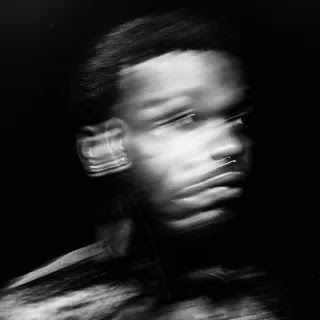







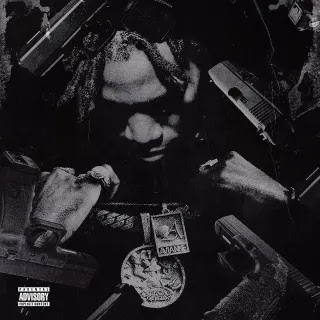
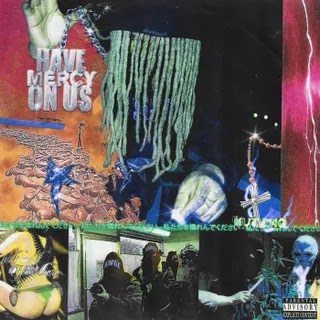
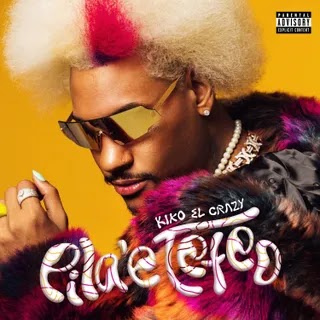

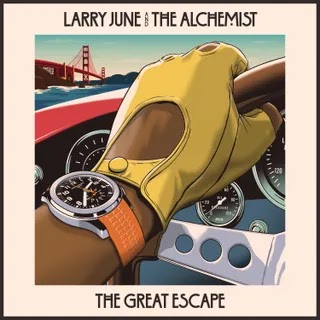


0 comments:
Post a Comment